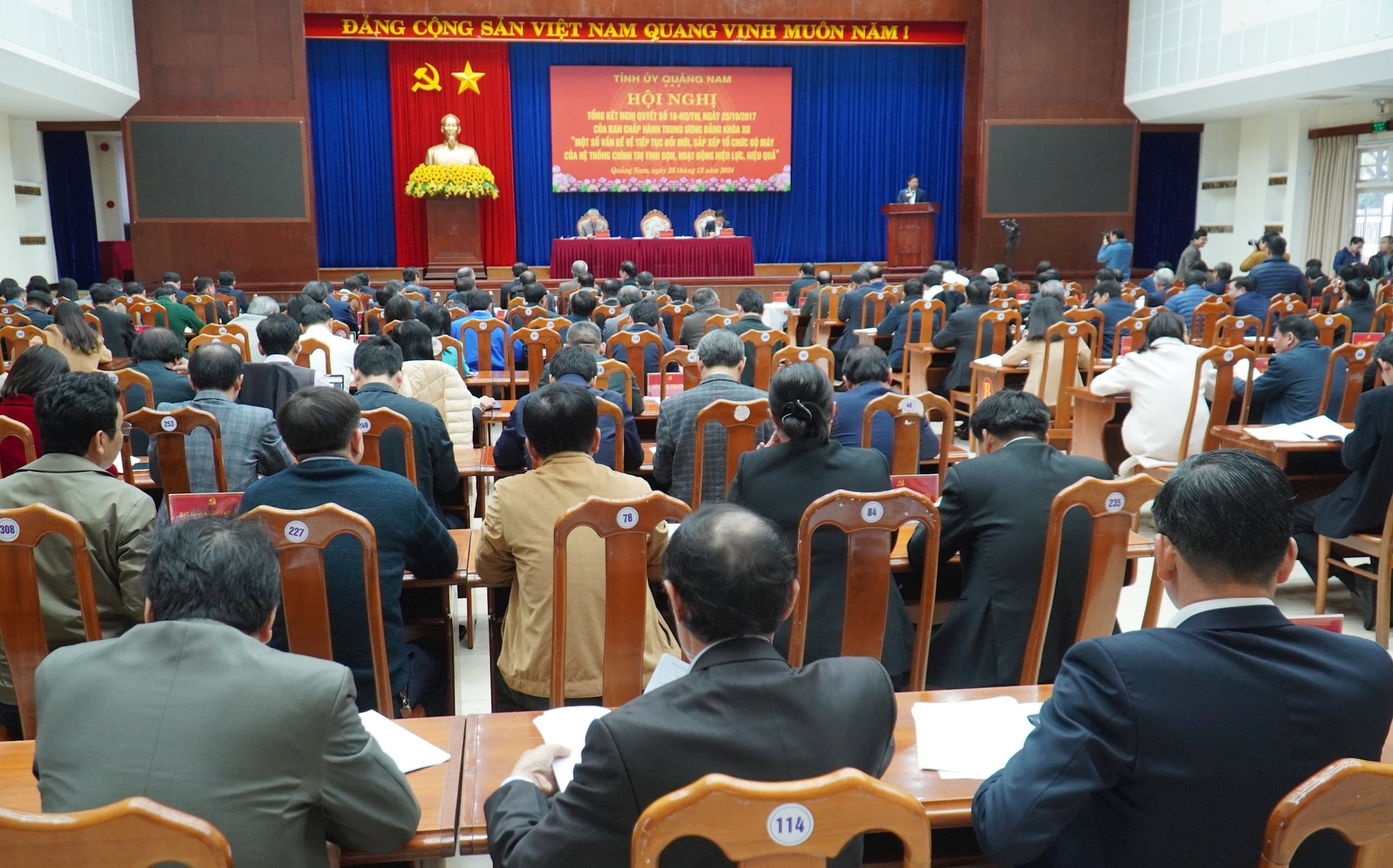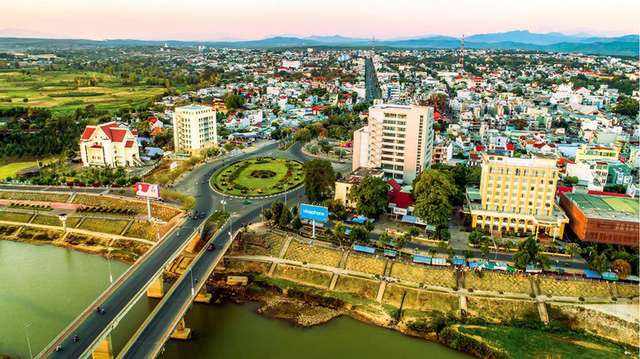Approval of the Plan for Hanoi for the period of 2021-2030, with vision to 2050
The article below will provide the contents of the approval for the Plan for Hanoi for the period of 2021-2030, with vision to 2050.

Approval of the Plan for Hanoi for the period of 2021-2030, with vision to 2050 (Image from the internet)
On December 12, 2024, the Prime Minister of Vietnam issued Decision 1569/QD-TTg approving the Plan for Hanoi for the period of 2021-2030, with vision to 2050.
Approval of the Plan for Hanoi for the period of 2021-2030, with vision to 2050
The Prime Minister of Vietnam approves the Plan for Hanoi for the period of 2021-2030, with vision to 2050 with the following goals and vision:
* Development goals by 2030
** General objectives
The Hanoi is envisioned as “Civilized - Modern - Cultured”, green, smart, a place that gathers cultural quintessence, deeply integrates internationally, has high competitiveness, and achieves a level of development comparable to the capitals of developed countries in the region; serves as a center and driving force for the development of the Red River Delta region, an economic growth pole leading the nation's economy, and holds influence in the region; is a major financial economic center; a leading center for education and training, healthcare, science, technology, and innovation; a tranquil city where citizens enjoy happiness.
** Specific objectives
- Economic objectives:
(1) Achieve an average growth rate of the Gross Regional Domestic Product (GRDP) of 8.5 - 9.5% per year in the period 2021 - 2030. By 2030, the GRDP scale (current prices) is 3.4 times that of 2020; contributing 15 - 16% to the nation’s GDP, and approximately 45 - 46% to the Red River Delta’s GRDP. Per capita GRDP (current prices) reaches about 13,500 - 14,000 USD;
(2) The service sector accounts for approximately 65.2% of GRDP, the industry and construction sector about 25.3%, the agriculture, forestry, and fisheries sector about 1.3%, and product tax minus product subsidies accounts for roughly 8.2%.
The digital economy comprises 40% of GRDP; the cultural industry contributes about 8% to the city’s GRDP;
(3) Contribution of total factor productivity (TFP) to average growth around 57 - 58%;
(4) Labor productivity growth rate is about 7.5 - 8% per year;
- Social objectives:
(5) Permanent population size of approximately 10.5 - 11 million people; transient population equivalent to about 1.45 million people;
(6) Human Development Index (HDI) reaches approximately 0.88 - 0.90;
(7) 85 - 90% of public schools meet national standards;
(8) Increase the proportion of trained labor in the economy to 80 - 85%; with 60% having qualifications and certifications;
(9) General unemployment rate below 3%, with urban unemployment below 3.5%;
(10) Virtually no poor households according to national poverty standards;
(11) Number of hospital beds per ten thousand people exceeds 38 beds; number of doctors per ten thousand people reaches 19 doctors; number of pharmacists per ten thousand people reaches 3 pharmacists; number of nurses per doctor is 3 - 4 nurses. Health insurance participation rate exceeds 95% of the population;
- Environmental objectives:
(12) Forest coverage rate reaches approximately 6.2%;
(13) Urban green space area aims for about 10-12 m²/person;
(14) 100% of municipal solid waste is sorted at source, collected, and treated according to standards and regulations, with less than 10% being directly landfilled. 100% of rural solid waste is sorted at source, with 98% collected and treated according to standards and regulations;
(15) Collection and treatment rate of urban domestic wastewater reaches 70%; 100% of operating industrial parks, export processing zones, and industrial clusters have centralized wastewater treatment systems meeting environmental standards;
(16) 100% of urban and rural population has access to clean water through centralized water supply systems;
- Urban and rural objectives:
(17) Urbanization rate reaches 65 - 70%;
(18) Public transport aims to meet 30 - 40% of urban travel demand;
(19) The average living floor area per capita in urban areas reaches 32 m²;
(20) 50% of total districts meet advanced new rural standards; 30% meet model new rural standards; and build rural infrastructure systems approaching urban standards;
(21) Ensure national defense, security, order, and safety for the Capital in all situations; closely integrate economic, cultural, and social development with reinforcing defense, security, and external relations.
* Vision to 2050
Hanoi aspires to be a global city, green - smart - peaceful - prosperous, worthy of representing a powerful, prosperous Vietnam; with a comprehensive development in economy, culture, and society, exemplary and distinctive for the country; leading development in the region, on par with the capitals of developed nations worldwide; a desirable destination to visit, reside, and contribute. Residents enjoy a high standard of living and quality of life.
Per capita GRDP is approximately 45,000 - 46,000 USD; urbanization rate is about 80 - 85%.
For more details, see Decision 1569/QD-TTg which takes effect from December 12, 2024.
- Number of deputy directors of departments in Vietnam in accordance with Decree 45/2025/ND-CP
- Cases ineligible for pardon in Vietnam in 2025
- Decree 50/2025 amending Decree 151/2017 on the management of public assets in Vietnam
- Circular 07/2025 amending Circular 02/2022 on the Law on Environmental Protection in Vietnam
- Adjustment to the organizational structure of the Ministry of Health of Vietnam: Certain agencies are no longer listed in the organizational structure
- Vietnam aims to welcome 22-23 million international tourists in Vietnam in 2025
-

- Plan on the organization and arrangement of specialized ...
- 14:47, 18/02/2025
-

- Criteria for evaluating implementation of planning ...
- 15:59, 14/02/2025
-

- Conditions for developing a proposal to use public ...
- 18:29, 05/02/2025
-

- Plan for Implementing the Planning for Dak Nong ...
- 18:30, 16/01/2025
-

- Plan for the implementation of the Planning for ...
- 14:59, 13/01/2025
-

- Notable new policies of Vietnam effective as of ...
- 16:26, 11/04/2025
-
.Medium.png)
- Notable documents of Vietnam in the previous week ...
- 16:21, 11/04/2025
-
.Medium.png)
- Notable documents of Vietnam in the previous week ...
- 16:11, 02/04/2025
-
.Medium.png)
- Notable new policies of Vietnam to be effective ...
- 16:04, 02/04/2025
-
.Medium.png)
- Notable new policies of Vietnam effective from ...
- 14:51, 21/03/2025

 Article table of contents
Article table of contents
